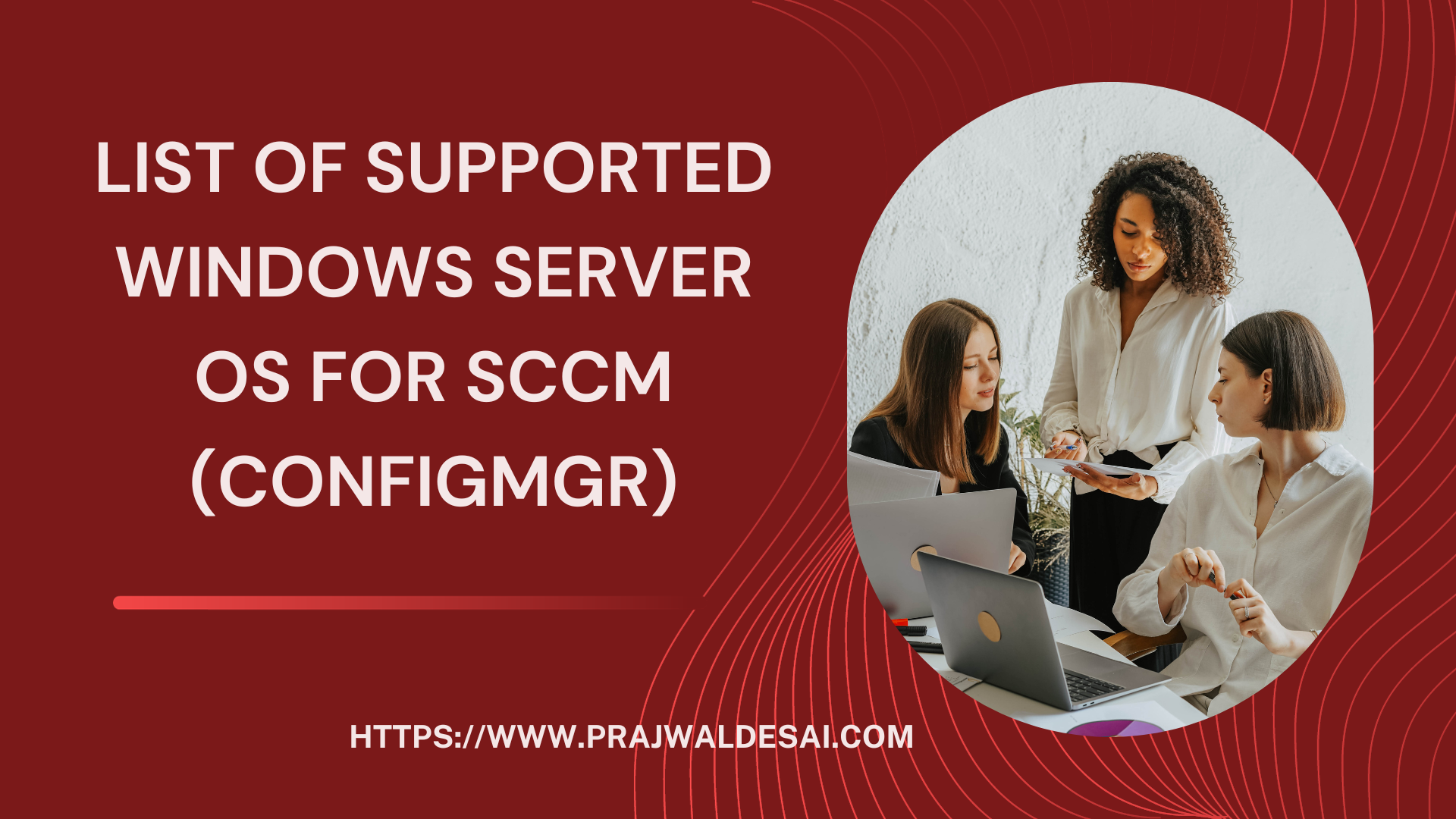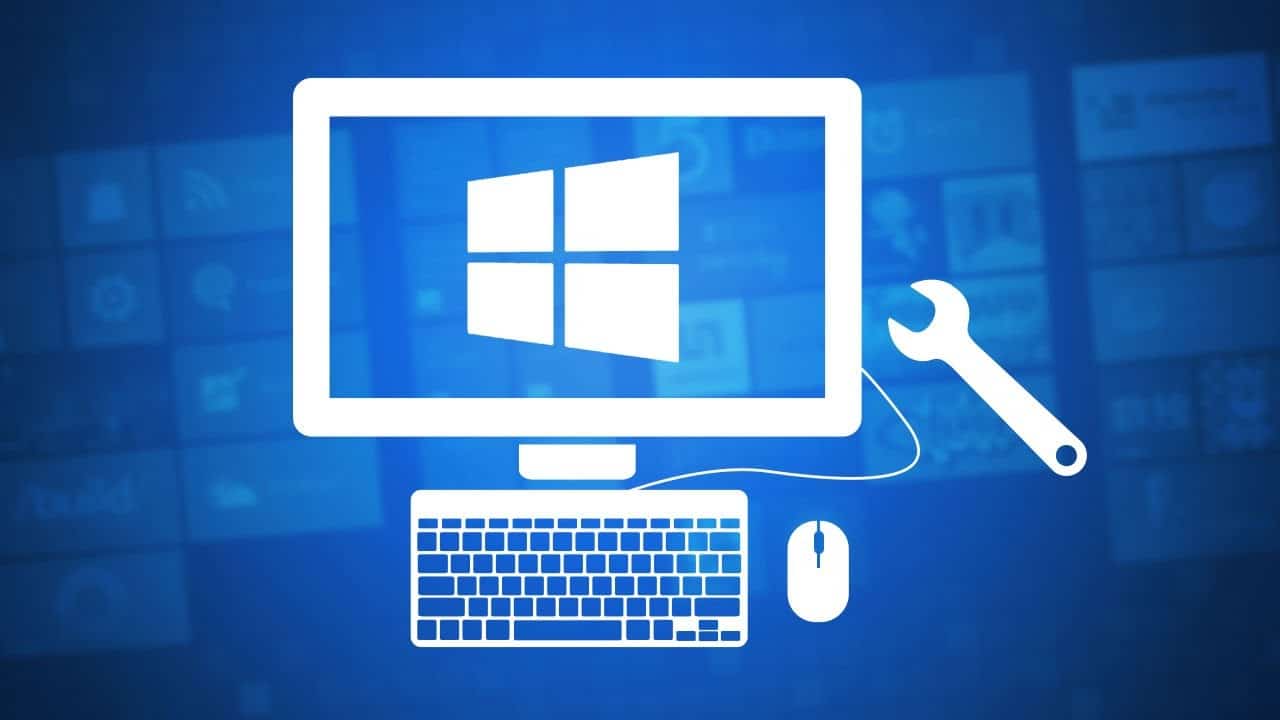If you’re installing a new instance of ConfigMgr in your setup, it is important to know the supported Windows server OS for SCCM. This article lists all the Windows Server versions that you can use to host a Configuration Manager site or site system role.
On October 10th, 2023, Windows Server 2012 and Windows Server 2012 R2 will enter the Extended Support Updates phase. Support for Configuration Manager site servers and roles installed on these operating systems will no longer be offered by Microsoft.
If you are running Configuration Manager on Windows Server 2012/2012 R2, you must immediately upgrade it to the latest version. Similarly, if you are running an older version of SQL Server for SCCM, make sure to upgrade to the next compatible version. Refer to the guide on supported SQL server versions for SCCM.
To receive the most recent updates and ongoing support from Microsoft, you must, if at all possible, upgrade the Server that is running SCCM to the most recent version. You can later install the latest hotfixes available for ConfigMgr to keep it updated.

List of Supported Windows Server OS for SCCM
The table below lists the Windows Server OS that SCCM supports, along with the support for the site system roles.
| Windows Server OS Version | Site Servers | Site System Servers |
|---|---|---|
| Windows Server 2022 | CAS, Primary Site, Secondary Site | All Roles are supported |
| Windows Server 2019 | CAS, Primary Site, Secondary Site | All Roles are supported |
| Windows Server 2016 | CAS, Primary Site, Secondary Site | All Roles are supported |
| Windows Server 2012/2012 R2 | CAS, Primary Site, Secondary Site | Not Supported (Support Ended) |












